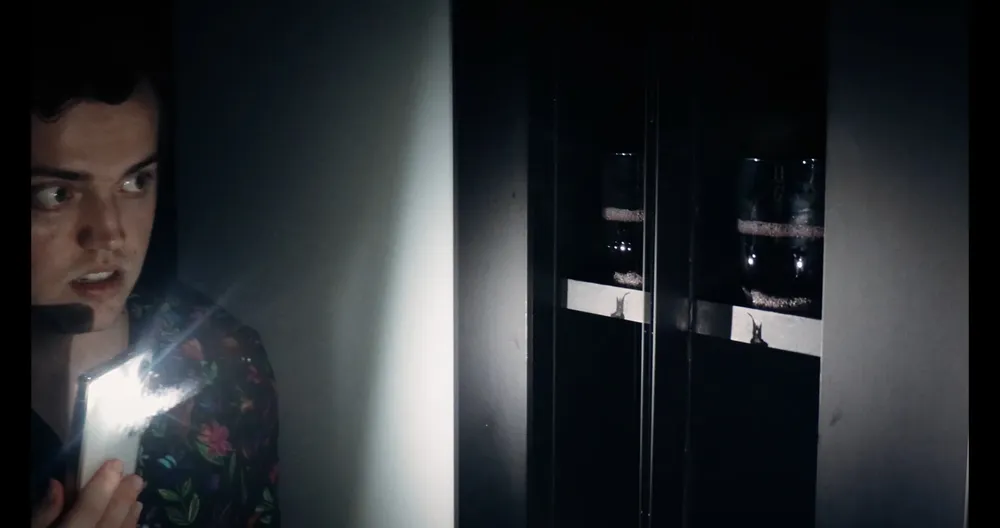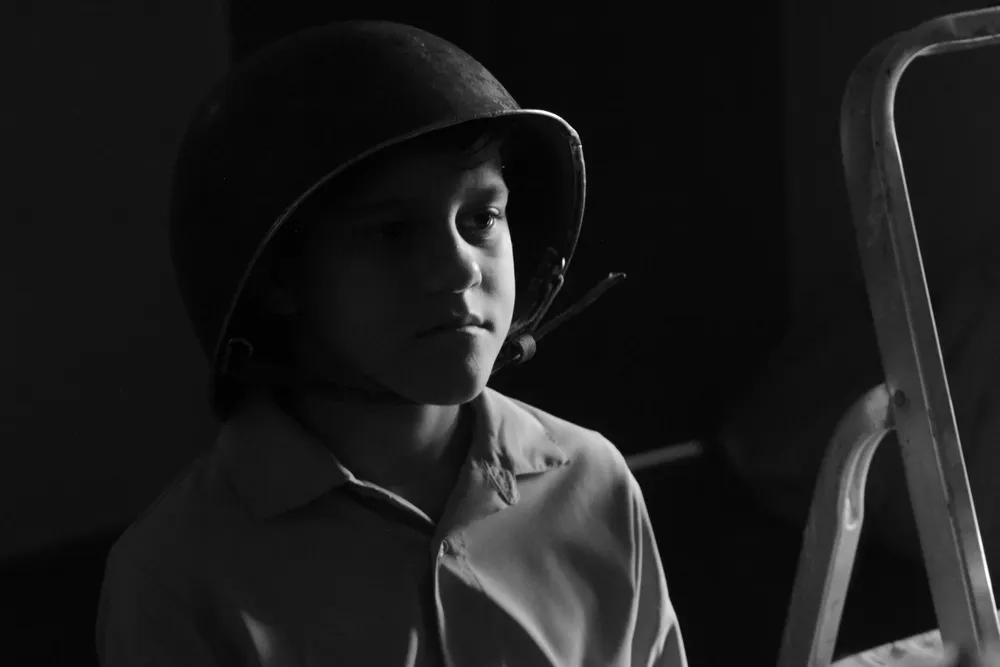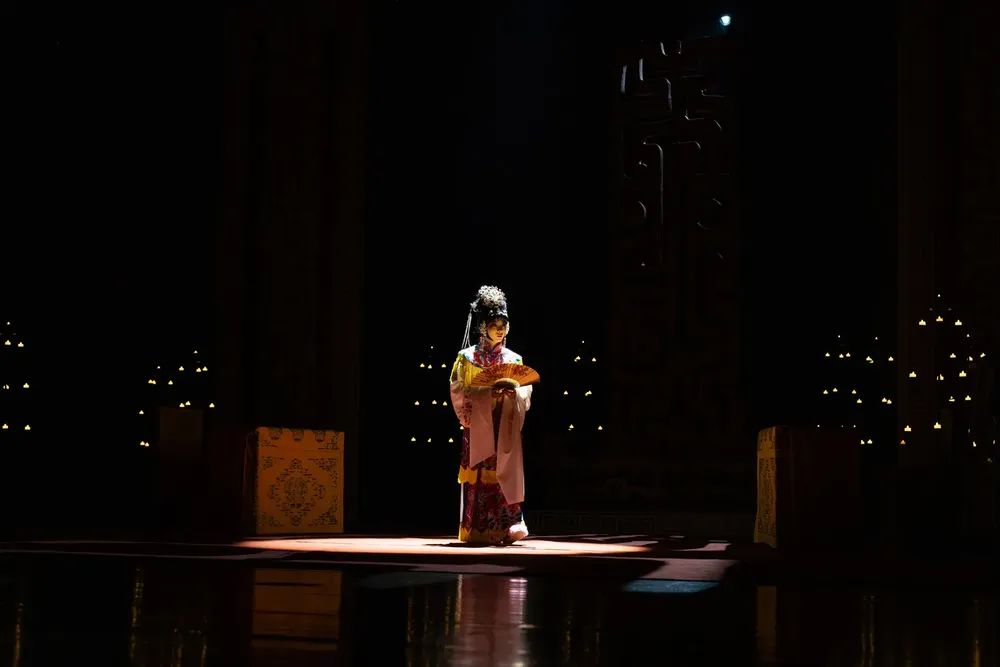
New ArrivalQuick View
48 Hours Queue Jump + Interview
Regular Price£100.00Sale Price£75.00
Most PopularQuick View
1 Week Queue Jump
Price£30.00
Quick View
2 Week Queue Jump
Price£25.00
Quick View
3 Week Queue Jump
Price£20.00
New ArrivalQuick View
Feedback Only Review
Regular Price£25.00Sale Price£22.50
New ArrivalQuick View
5 Day Queue Jump
Price£50.00
New ArrivalQuick View
48 Hours Queue Jump + Interview
Regular Price£100.00Sale Price£75.00
Most PopularQuick View
1 Week Queue Jump
Price£30.00
Quick View
2 Week Queue Jump
Price£25.00
Quick View
3 Week Queue Jump
Price£20.00
New ArrivalQuick View
Feedback Only Review
Regular Price£25.00Sale Price£22.50
New ArrivalQuick View
5 Day Queue Jump
Price£50.00
New ArrivalQuick View
48 Hours Queue Jump + Interview
Regular Price£100.00Sale Price£75.00
Most PopularQuick View
1 Week Queue Jump
Price£30.00
Quick View
2 Week Queue Jump
Price£25.00
Quick View
3 Week Queue Jump
Price£20.00
It shouldn’t take a film such as Living to make us realize what a treasure we have in Bill Nighy.
But then it shouldn’t take a grim diagnosis for Rodney Williams to seek true meaning in his life, so maybe Nighy’s long wait for a first Academy Award nomination is somehow cosmically right.
In this adaptation of Kurosawa’s 1952 classic Ikiru (To Live), Nighy earns every bit of that Oscar nod as “Mr. Williams,” the humorless manager of a public works office in 1950s London. Various floors full of buttoned-up civil servants pass on projects to other departments until the papers finally come to rest on one desk or another, with piles always kept as high as possible so co-workers won’t “think you have nothing better to do.”
Mr. Williams doesn’t, until a fateful trip to the doctor makes him realize how sad this is. A night out with that rascal Sutherland (Tom Burke) offers some cheap thrills, but it’s the persistence of the local ladies petitioning for a new public playground that gives Mr. Williams the chance to leave a legacy.
Nobel prize-winning writer Kazuo Ishiguro adapts Kurosawa (and lands his own Oscar nom) with a script that shaves about 45 minutes off the running time while it adds layers of beauty and sentiment. Mr. Williams’ distance from his son becomes more heartbreaking, while the relationships with his two youngest employees (Alex Sharp and Aimee Lou Wood) are given more arc and resonance.
Director Oliver Hermanus replaces the original film’s clinical narration and B&W palette with gentle grace and the splendidly picturesque cinematography of Jamie Ramsay. Outside the office confines, this is a gorgeous London of crisp lines among detailed color, light and shadow, all in orbit around a lead performance of endless humanity.
Nighy is just the epitome of wonderful, with every sigh, furrowed brow and slight smile conveying so much about Mr. Williams’ journey to contentment. Nighy’s every moment on screen nearly glows with honesty, and provides the film with a unique and dignified identity.
Kurosawa’s take still hits hard, but Living would have been foolish to follow a similar fight plan. These blows may indeed be softer, but don’t think for a second they won’t leave a mark.













